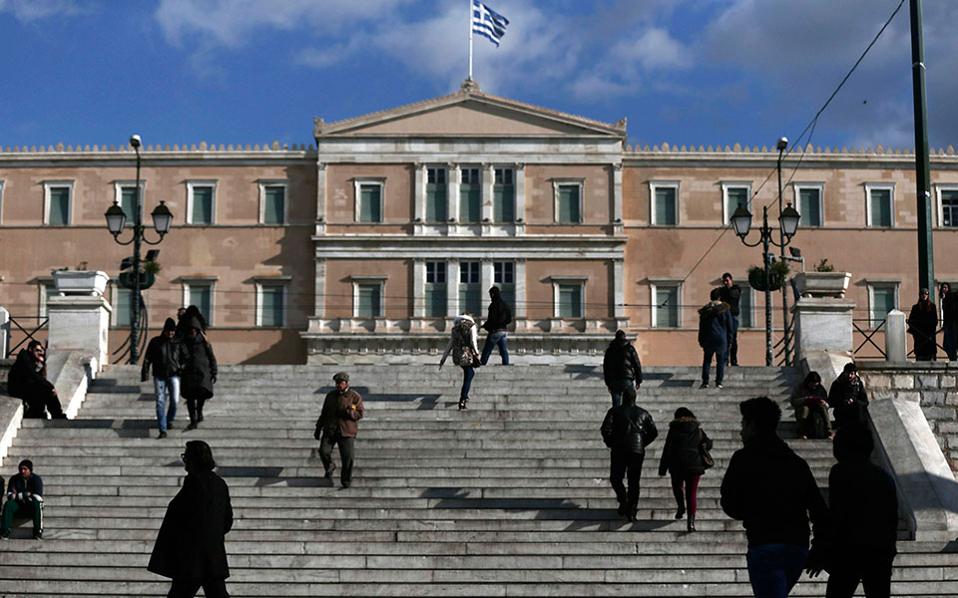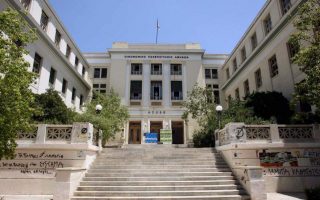The political acumen of the Greek people

The old cliche that technology has made the world smaller is particularly true for immigrants. When I left Greece for the US in 1981, my means of keeping in touch with friends and family back home were limited to a letter every other week and a phone call every couple of months. Living in the Upper Midwest of the US, in the state of Minnesota, meant that I was cut off from the main centers of Hellenism on the east coast of the country. Even though the Minneapolis/St Paul area is one of the country’s major urban centers, I mostly learned about developments in Greece by occasionally reading the major Greek-American newspaper.
These days I start my mornings by reading two or three major Greek newspapers online; then I browse a couple of blogs and check news from friends via Facebook. After work I spend a little time watching the TV news (again, via the internet) from one or two Greek channels. Add to the above phone calls to Greece two or three times a week as well as my visits to the country once or twice a year for the last 20 years. Unlike 1981, today I can say that I have a good idea of political, social and economic developments in the land of my birth. To be sure, not living in Greece, my understanding of events and developments might not be as clear as that of the people whose lives are affected every day. At the same time, physical distance allows me to view developments in Greece with a certain detachment and even a more critical eye.
Greece’s trials and tribulations of the last 10 years have impacted my life indirectly but in a profound way nonetheless. I have many thoughts and reactions, many more than the current space allows, so I will limit myself to a general observation about the political acumen of the Greek people. We Greeks are not known for our dispassionate political nature or for our detached ways, but I must admit that the popular reaction to what happened to Greece was a great disappointment to me. It confirmed my worst fears that both the Greek people and their leaders were not – at least not until recently – mature in the ways of modern democracy. It pains me to admit it, but the evidence points to that conclusion. To this day, a large percentage of the people believe that they and the political party (or parties) they supported had nothing to do with the economic catastrophe and that “others” are responsible. They also believe – hopefully not as many as previously – that, somehow, in a short period of time, Greece will be able to return to the “good old days” of unchecked spending.
At the same time, I find hope in the fact that, starting with the September 2015 elections, most Greeks have come to grips with the fact that the country’s future is secure only within the institutions of the European Union. It is also a good sign that since January 2015, Greece has been governed by stable governments and the possibility of political instability appears to be behind us. Finally, I hope the scenes at Syntagma Square are over for good as well, and that the “indignant” of 2011 have found better and more rational and productive ways of registering their legitimate concerns within the accepted bounds of a democratic state.
John Mazis is professor of history at Hamline University in Saint Paul, Minnesota.





